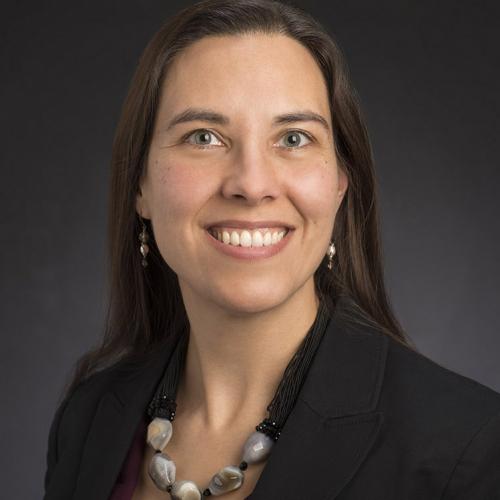Assistant Professor Elizabeth Hoiem has published a paper, "The Progress of Sugar: Consumption as Complicity in Children's Books about Slavery and Manufacturing, 1790-2015," in Children's Literature in Education (CLE). In her paper, Hoiem analyzes "production stories," a genre of books and media that teaches how everyday things are made. Since they started in the eighteenth century, children's production stories have evolved from picturebooks to TV episodes and web video series. Hoiem focuses on stories of sugar production in her paper and accompanying web resource, Production Stories.
"During the eighteenth and nineteenth centuries, privileged children and their parents greatly increased their consumption of sugar, coffee, cotton, and rum—all commodities eaten or worn on the body and produced by enslaved persons," Hoiem said. "To prepare children for this new industrial global economy, parents educated their children about how and where things were made, using a new kind of information book."
Her web resource provides a visual analysis of sugar production stories for children in the context of the history of slavery. Hoiem hopes the resource will encourage librarians, educators, and readers to look for production stories "that faithfully tell the human story behind making things."
"I find that production stories reveal surprising details about technical processes for making things but may conceal the human cost of production," she said. "They also end with consumption, when children use the products, symbolically affirming the conditions under which they were made."
In her research and teaching, Hoiem explores the history of technological innovations in children's literature, from early children's books and toys to contemporary applications of digital pedagogy. She received a 2018 National Endowment for the Humanities Fellowship for her current book project, "The Education of Things: Mechanical Literacy in British Culture, 1752-1860." This project investigates the class politics of "object lessons," a mode of experiential learning that developed during the late-eighteenth and nineteenth centuries with the rise in child labor and mass literacy. Hoiem holds a PhD in English from Illinois.
